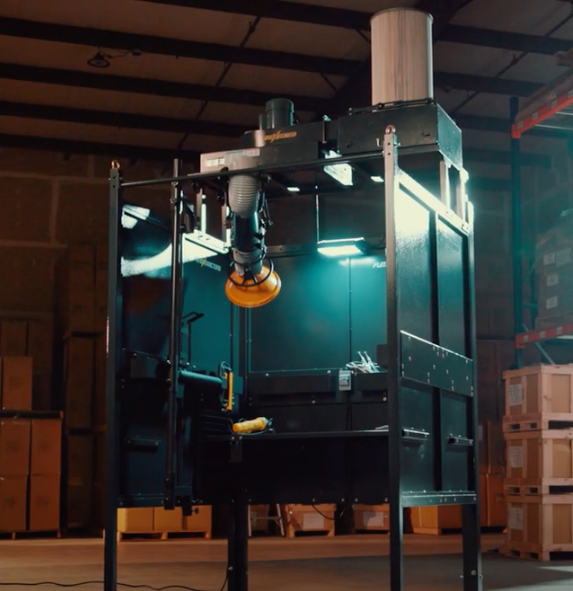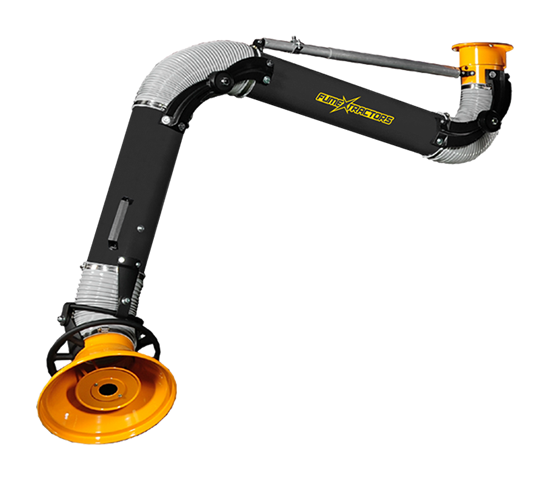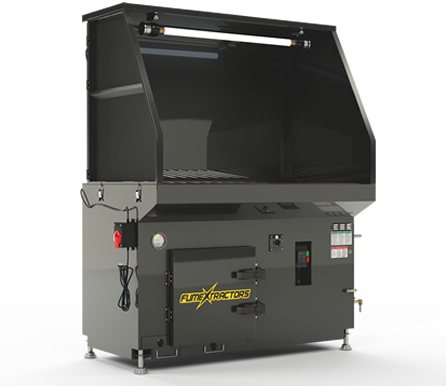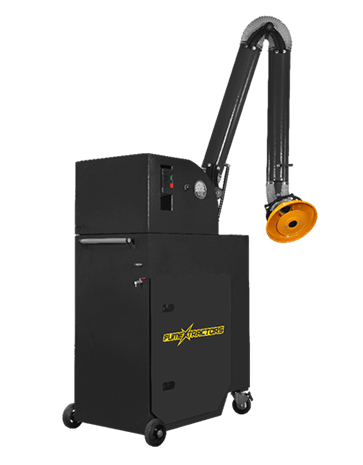How Do Welding Booths Work? A Technical Guide
Welding booths represent a critical safety investment for any facility where welding operations take place. These engineered environments protect both welders and nearby workers from hazardous fumes, dangerous UV radiation, sparks, and other welding-related risks.
Beyond basic protection, modern welding booths integrate sophisticated ventilation systems and safety features that create an optimal workspace for precise welding operations.
When considering the complexity of welding processes and their associated risks, proper containment and ventilation become paramount. Professional welding booths must address multiple safety concerns simultaneously - from fire prevention and UV protection to fume extraction and proper airflow management.
These systems go beyond simple barriers to create complete safety ecosystems that enhance both worker protection and welding efficiency.




